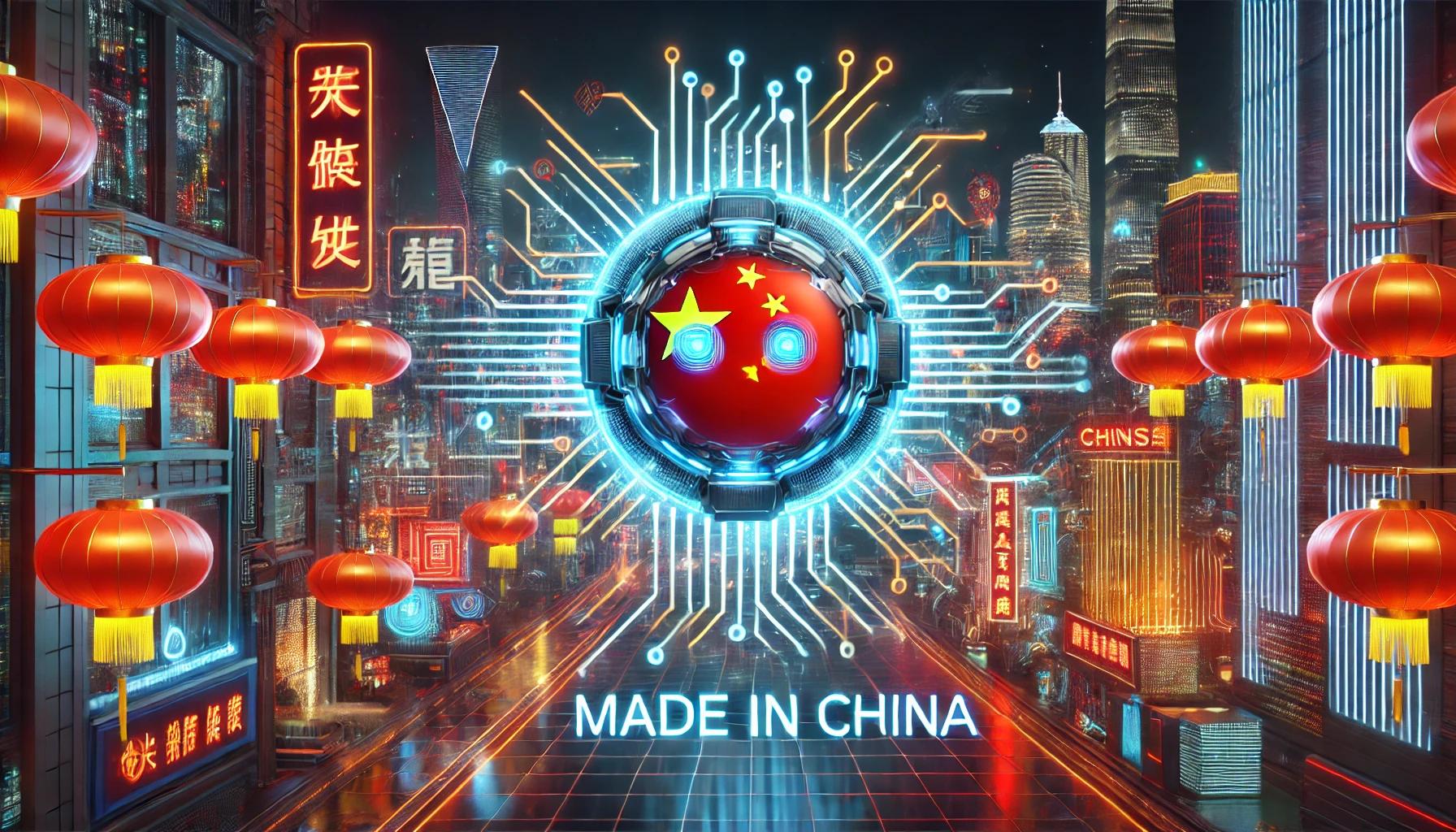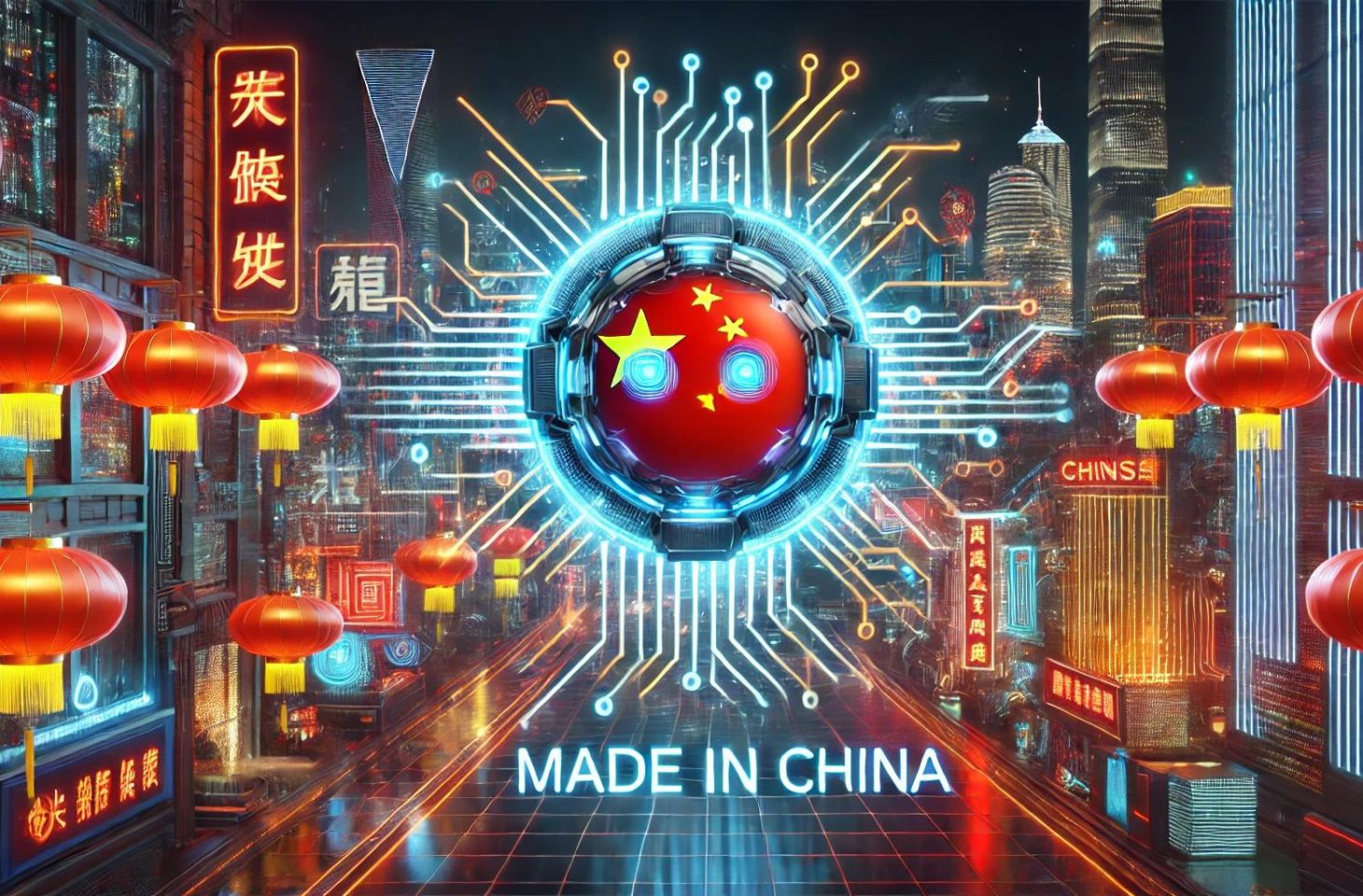Chinese-made LLMs are on the rise on open source platforms, but not without risk, Hugging Face CEO warns. There are certain topics that Chinese models don’t talk about.
Clément Delangue, CEO of the open source platform Hugging Face, sounds the alarm in a French podcast. According to Delangue, China is quickly gaining the leading position in the AI world. Chinese research institutes, as well as commercial companies like Alibaba, have proven that they can develop excellent models that are on a par with what comes off the production lines of their American counterparts.
Hugging Face has a front row seat to the rise of Chinese AI models. Due to US trade restrictions, Chinese users have no access to the technology of OpenAI and Co. However, in the open source world everyone is welcome. The fact that they are able to build complex models despite difficult access to chips shows even more how well China can pull itself together.
Made in China
The Chinese models are not free from political censorship. Users noted that there are certain thorny issues that the models consistently avoid. For example, the DeepSeek model does not address the Tiananmen Square events in 1989, a sensitive and, above all, forbidden topic of conversation in China.
This isn’t because the model doesn’t know anything about history: you can have it create a historical overview of the 1980s, but the model freezes as soon as Tiananmen Square is mentioned. The models have very strong opinions on other political issues, such as whether Taiwan is part of China.
This is laughed at on social media, but there are risks if developers build applications based on Chinese models, warns Delangue. “If China becomes by far the strongest country in AI, it will be able to spread certain cultural aspects that the Western world may not want to spread.”
Above all, Delangue wants to prevent AI from being drawn into the geopolitical context. “It is important that AI is distributed across all countries – that there are not one or two countries that are much stronger than the others.
























